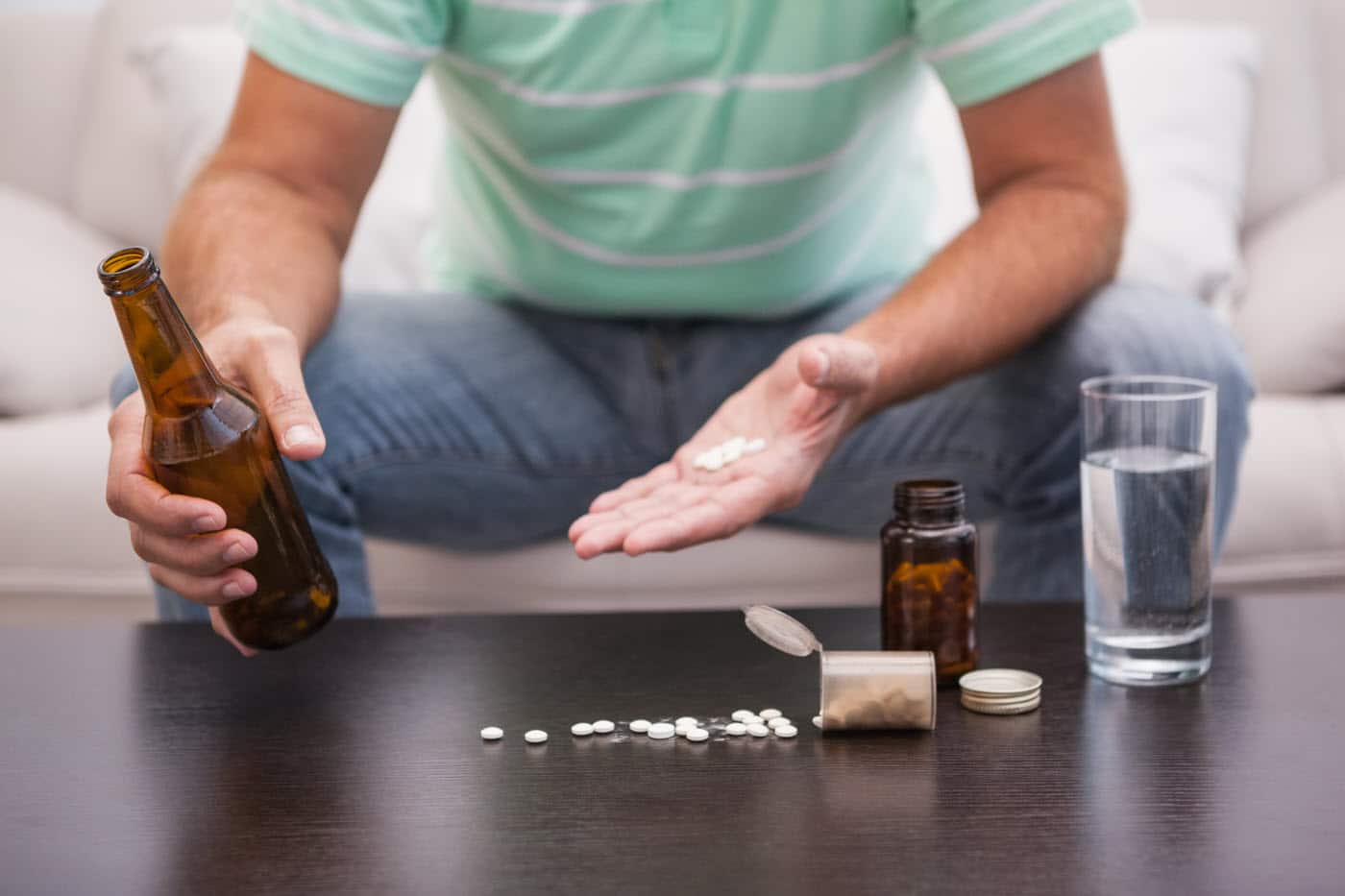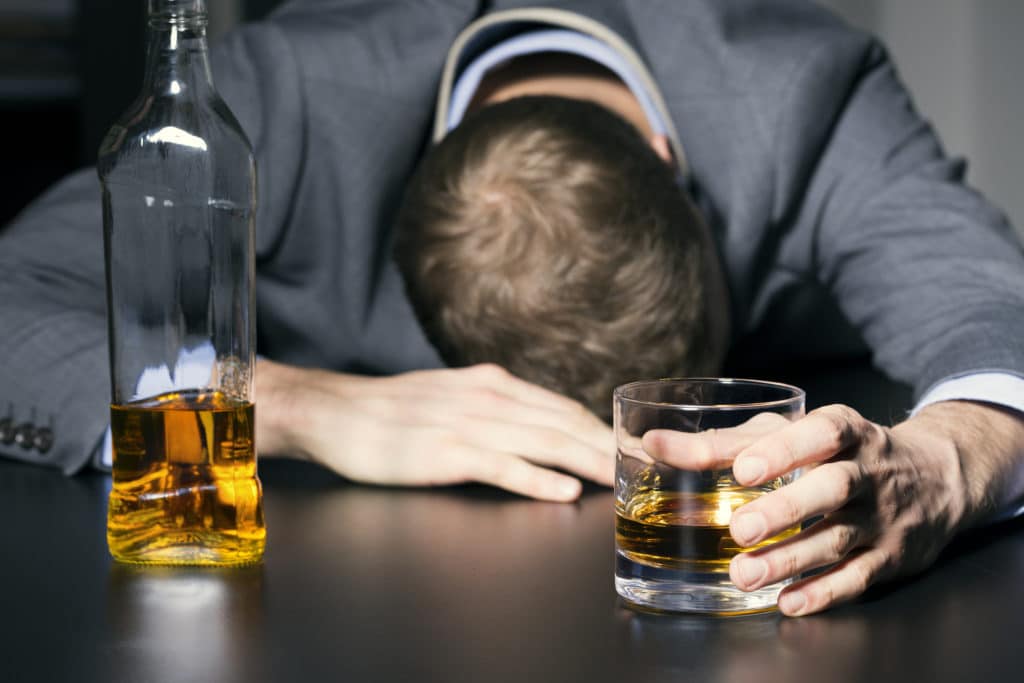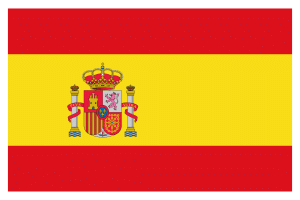The harmful and fatal interactions that can happen when alcohol is mixed with illicit and prescription drugs are never a secret. Yet, not everyone takes the warnings seriously. But you must know that the risks and dangers are real when mixing drugs and alcohol.
Alcohol alone is a dangerous substance that must be consumed responsibly, so it is no wonder that it can lead to serious side effects and health problems when mixed with drugs.
Mixing drugs and alcohol can lead to a wide array of serious physical and health complications because alcohol is a strongly reactive substance that easily triggers dangerous interactions. Drinking alcohol after taking drugs will not only cause you to feel drowsiness and loss of coordination. You can experience headaches, vomiting, nausea, and fainting. At the same time, you can also be at risk for difficulties in breathing, heart problems, and internal bleeding.
In addition to the dangers and risks, mixing the two substances can make the prescription drugs less effective or useless, and illicit drugs to be harmful and toxic to your body. You must know that even herbal remedies can lead to harmful risks when combined with alcohol. That’s why you must never mix substances to avoid long-term and major health problems. Unfortunately, despite the real danger, some can’t help but fall into the temptation of abusing other substances besides drinking alcohol.
If you or your loved ones are becoming out of control using substances, you must know that help is already required. The abuse can be difficult and daunting with self-treatment. What is needed to avoid the dangers of mixing drugs and alcohol is assistance from a specialized and professional treatment center that helps with every step of the recovery process.

Illegal Drugs that are Commonly Mixed with Alcohol
One of the most dangerous ways of alcohol use is combining it with illicit drugs, which can worsen the side effects of drinking alcohol. While some illicit drugs can conceal the effects of alcohol, it doesn’t mean they can make people completely sober. The truth is, mixing alcohol with illicit drugs can more likely cause you to partake in risky behaviors and activities, such as driving under the influence.
Unfortunately, some people find alcohol addicting and pleasurable. Alcohol serves as a gateway drug that leads people to try more different substances. That’s why alcohol addiction usually occurs together with drug addiction. People who are addicted to multiple substances generally have polysubstance use disorder.
Here are the most common illicit drugs that are combined with alcohol:
Marijuana
Mixing drugs and alcohol is going to have serious consequences. Mixing marijuana with alcohol can most likely increase the likelihood of abuse, primarily because both substances are depressants. When combined with alcohol, this illicit drug can increase the risk of impairment, with several side effects, such as vomiting, high anxiety, paranoia, and dizziness. At some point, marijuana can reduce the symptoms of nausea. So it can prevent your body from throwing up, causing the delay of elimination of alcohol in your system, and can potentially lead to alcohol poisoning.
Ecstasy
Ecstasy can conceal the effects of alcohol use, while alcohol can decrease the euphoric feeling of the drug. Some small studies have found that people who have combined ecstasy with alcohol feel sober. Despite feeling sober, they suffer from performance and motor skills. Concurrent use of alcohol and ecstasy can also cause dangerous dehydration, alcohol poisoning, and overdose. Other side effects include loss of consciousness, panic attacks, seizures, high blood pressure, and heart failure.
Cocaine
When cocaine is combined with alcohol, the two substances can create a toxic byproduct named cocaethylene. Once formed, cocaethylene can cause significant and dangerous damage to the heart and liver. The most obvious side effects of combined cocaine and alcohol include impaired coordination, poor motor function and memory, and increased heart rate. The high level of cardiovascular activity can put extreme stress and pressure on the heart, potentially leading to cardiac arrest and death.
Meth
Mixing meth and alcohol can be one of the riskiest combinations of substances. The combination of the two can cause extreme pressure and stress to the heart, hangovers, and a high increase in blood pressure. Exposure to the two substances can trigger violent and sexual behaviors.
Heroin
Both heroin and alcohol are depressants, causing similar side effects. One of the most damaging side effects of mixing the two is slowed breathing. That means if you have breathing problems and consume heroin with alcohol, your breathing problems can worsen and be life-threatening. Since heroin is a highly addictive drug, quitting might be difficult. Continuous consumption of the two can eventually lead to an extremely slow heart rate and overdose.
Medications and Pills that are Commonly Mixed with Alcohol

Besides the instructions for use, pill bottles include warnings about the medication’s limit and to avoid consuming the pills with alcohol due to side effects. Most medications already have their own minor side effects, so mixing them with alcohol can intensify the effects. Prescription drugs are safe for curing diseases, especially if consumed correctly. Too much dosage can defy the effects of medications, becoming useless and dangerous when mixed with alcohol.
Here are some medications and pills commonly mixed with alcohol, together with the possible effects:
Antibiotics
Drinking alcohol while you are required to take antibiotics can cause you to suffer from dangerous interactions with the effects of dizziness, anxiety, chest pain, and heart problems. In some situations, taking antibiotics while drinking can decrease your ability to fight illnesses, weaken your immune system, and cause severe organ damage. Antibiotics can also become useless in treating bacterial infections if you combine them with alcohol.
Benzodiazepines
Benzodiazepines, such as Valium and Xanax, are not recommended to be mixed with alcohol because they can cause a synergistic effect of making you pass out and stop breathing. The two substances can become more powerful and induce discomfort along with different side effects, such as dizziness, drowsiness, and memory loss. Regular mixing of alcohol with benzodiazepines can increase the chance of leading to death.
ADHD Medications
Possible reactions when ADHD medications are combined with alcohol are difficulty focusing and functioning, liver problems, and heart issues. Drinking while taking these medications therapeutically can be useless, as alcohol can dangerously interact with the medications. That’s why it is safest to take one at a time.
Sleeping Pills
Although alcohol can make you feel sleepy, just like sleeping pills, consuming the two at the same time is dangerous. Different sleeping pills, such as Lunesta, Ambien, and Sonata, can slow down your brain activity to help you fall asleep. When you combine the two, you can experience several side effects, including severe impairment and coordination, disruption in memory and performance, and loss of consciousness.
Antidepressants
Individuals with mental health conditions are the ones who need to take prescribed antidepressants, such as Zoloft or Prozac. You must know that consuming antidepressants along with alcohol is a potentially deadly combination because it can cause individuals to feel more anxious and depressed. Combining the two can lead to high irritability, impaired judgment, and inability to sleep. Overall, it will be useless to take antidepressants if individuals will only consume them with other risky substances.
Painkillers
Painkillers like Xanax and Vicodin are generally prescribed to treat moderate to severe pain. When mixed with alcohol, the two substances can produce fatal health conditions. Even taken separately, alcohol and painkillers can already cause liver damage, especially if taken regularly. So no doubt combining the two can cause nothing but a significant increase in the risk of developing severe liver problems. Gradually, they will turn into liver disease.
Cold & Allergy Medicines
Cold and allergy medications have several ingredients that can potentially interact dangerously with alcohol. Cough medicines that contain codeine or dextromethorphan can lead to dizziness, drowsiness, and overdose if taken at the same time as alcohol. On the other hand, allergy medicines like chlorpheniramine, loratadine, and brompheniramine can cause similar side effects as cough medicines when mixed with alcohol.

Mucinex
Mucinex products with guaifenesin and no other medications are unlikely to produce risky interactions when mixed with alcohol. However, Mucinex products that contain dextromethorphan and acetaminophen can cause dangerous side effects. Taking Mucinex products designed to treat allergy symptoms, flu, and colds with alcohol can cause mild health problems that gradually turn into serious health issues, such as liver damage.
DayQuil
What makes taking DayQuil together with alcohol fatal is the ingredients that DayQuil has. It contains acetaminophen and dextromethorphan that can produce risky interactions with other substances. That means mixing DayQuil and alcohol can lead to several side effects, from mild to severe health problems. These effects include drowsiness, dizziness, and liver damage.
NyQuil
Like DayQuil, NyQuil products also contain ingredients that can trigger risky interactions with other substances. NyQuil products contain acetaminophen, dextromethorphan, and doxylamine to effectively treat allergy symptoms, colds, and short-term sleeping problems. While those ingredients are helpful for the treatment, they are dangerous. That means mixing NyQuil with alcohol should never happen. Otherwise, people can suffer from slowed breathing, extreme drowsiness, memory problems, and poor motor function.
Mixing Drugs and Alcohol: Other Substances
Aside from drugs and medications, there are more substances you should avoid taking at the same time as alcohol. Generally, you should keep in mind not to drink alcohol together with other substances that can change the way you feel. In fact, even caffeinated products are not recommended to combine with alcohol because caffeine can mask the effects of alcohol. The dangerous interactions can produce extreme health consequences that affect day-to-day performance and function.
Energy Drinks
Many energy drinks are formulated with chemicals that can mask the effects of alcohol and boost energy levels. These chemicals include ginseng, sugar, taurine, and guarana. And when they are mixed with alcohol, they can increase the risk of dangerous and reckless behaviors. The primary dilemma of taking the mix of energy drinks and alcohol is the possible changes in behaviors that will never do good. One study suggested that repeated consumption of alcoholic energy drinks can increase the risk of abusing substances later in life.
Herbal Supplements
Over-the-counter herbal supplements are popular products for treating various ailments and health issues, including weight gain, mood issues, and cosmetic problems. Besides the claim to treat health problems, herbal supplements are also marketed as mood enhancers that can improve symptoms of depression. Generally, these supplements are made to help people feel better, so they should not be mixed with alcohol. Possible side effects when combined with alcohol include seizures and blocking out.
Frequently Asked Questions
Here are some frequently asked questions about mixing drugs and alcohol and other relevant topics. Learn more below:
How to recognize a drug and alcohol problem?
The symptoms of a drug and alcohol problem are highly noticeable and can be caught early on, especially since there are several obvious physical symptoms. But the warning signs are typically unnoticed, and the individuals taking these substances hide them because of the stigma and negative connotation associated with the abuse. If you are among these individuals and want to know if you have a drug and alcohol problem, you can ask yourself about guilt, craving, and the effects of the abuse on yourself.
If you know that you are taking different substances, awareness, and self-observation are important to prevent health problems. Once you recognize that there is a problem, an official diagnosis is a must to know what kind of treatment you need.
What are the side effects of alcohol and drug use?
Consuming excessive amounts of drugs together with alcohol can eventually take a toll on your body over time. Some side effects can be minor and will only last temporarily, but most may last longer and cause permanent damage to your body. Ultimately, the most significant dilemma is health consequences.
Here are some short-term side effects:
Lack of concentration
Short-term memory loss
Muscle control issues
Lowering inhibitions
Increased or decreased heart rate
Respiratory problems
Heightened emotions
Compromised judgment
Here are some long-term side effects:
Poor nutrition
Long-term memory impairment
Damage to internal organs
Lack of coordination skills
Problems coping on the job or in school
Abnormal behavior
Serious issues with rapid heartbeat and increased blood pressure
Dangerous alterations in blood sugar levels
Why can drugs have risky interactions with alcohol?
Alcohol is known to strongly inhibit an enzyme in the liver known as CYP2C9. While some people feel good and comforted when drinking alcohol, it has side effects of its own. The danger is already there, so mixing it with drugs can only increase the side effects while adding more. Drugs and alcohol in the body at the same time can produce toxicity and physical symptoms that deteriorate overall health.
How much time do I need to wait if I want to drink alcohol after taking prescription drugs?
Usually, you need to wait for about 48 to 72 hours after the last dose before it becomes safe to drink an alcoholic beverage. Timing is important because you want to avoid harmful interactions. Ultimately, it is safer to ask for help from a healthcare provider to ensure that it is okay to drink alcohol again.
How much time do I need to wait if I need to take medicine after drinking alcohol?
If the amount of alcohol you drink is considered binge drinking, you need to wait for about 18 to 24 hours for your system to be alcohol-free. While that is already long hours of waiting, you must know that the liver takes a while to recover, even if your system is already alcohol-free. Therefore, waiting for 72 hours before taking any medicine is safer. Yet, it is most practical and safest to avoid alcohol if you know that you need to take medicine. Knowing your priorities can keep you healthy and safe.
Why is it important not to mix drugs?
Whether intentional or not, mixing drugs is never safe because drug interactions can lead to several negative effects. Drug interactions may increase the action of a particular drug, cause unexpected side effects, and make the drug less effective. All of the possible effects of drug interactions are harmful, so mixing drugs should never be done to avoid health problems.
Who is more at risk of harmful alcohol-drug interactions?
Women and older people face a particularly greater risk of harmful alcohol-drug interactions. Women experience different effects of alcohol because their bodies have less water compared to men’s bodies. Due to that, they are more susceptible to alcohol and drug-related damage in organs, such as the liver and heart. On the other hand, older people are at higher risk because of their aging bodies. Aging dramatically slows their ability to break down alcohol. That means the alcohol will remain on their bodies much longer than younger people.
At the same time, older people are also more likely to take different medications because of their age. Thus, they need to be careful in mixing them with other substances. If they can, it is better to turn their backs on other risky substances.
Final Thoughts
Despite knowing the dangers of mixing drugs and alcohol or even personally experiencing side effects, some people still can’t stop combining the two substances. They are not to blame because that is usually the effect of addiction. Addiction can change one’s behavior, leading one to danger. If you are unable to stop mixing drugs and alcohol on your own, that is a strong sign that you need help from a professional treatment center.
There are already many efforts to help us realize the risk of taking any substance, such as warnings on the labels. That’s why proper caution is needed every time people consume alcohol or drugs, as the two must not be combined in the body. Alcohol and drugs are different, but they are both addicting and tempting. That’s why addiction is a hard battle to encounter.
This is when the Costa Rica Treatment Center can help. If you or your loved one is getting addicted to mixing drugs and alcohol, you can ask for our help. We offer different treatment programs to cover the causes of addiction. Because of that, you can trust us to provide the right and effective addiction treatment to help you achieve freedom and a healthier life.Let us help you change your life or your loved ones today. Don’t go elsewhere because Costa Rica Treatment Center intends to help everyone without leaving them with the cost burden.








